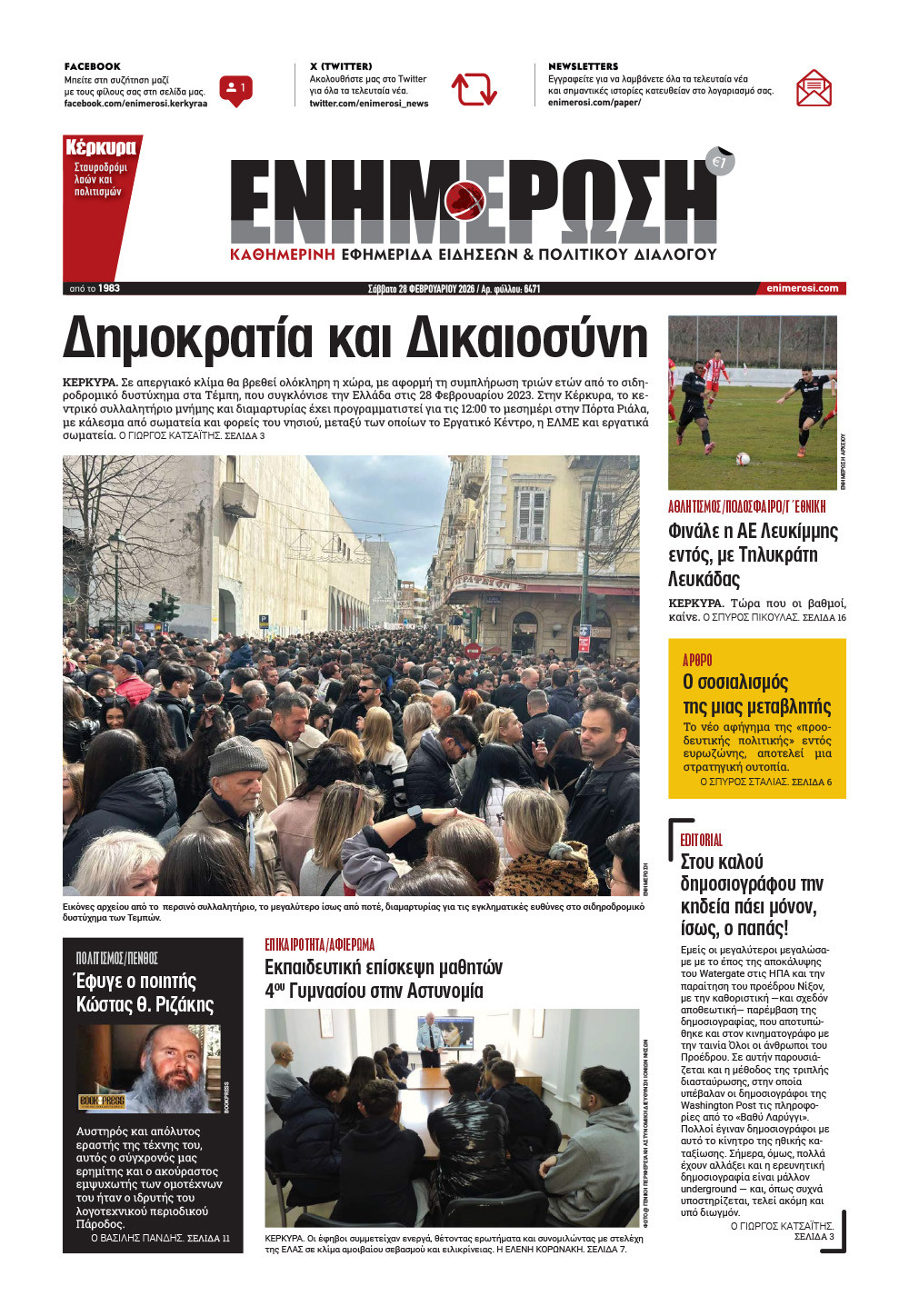Spot checks for undeclared income from Airbnb services

tax office
19 Apr 2018
/ 07:00
The Tax Office has set up a system of spot checks to detect taxpayers who rent out accommodation via the Airbnb internet platform but do not declare the rental income in their tax declarations.
The pilot operation of the system has already found the first owners who rent out accommodation via the Airbnb internet platform, most of whom quickly and voluntarily modified their tax declarations to include the rental incomes and paid the appropriate income tax.
The Independent Authority for Public Income (AADE) is planning to integrate the checks with all the available data and information and to use this data when making the checks.
AADE started checking accommodation rental via Airbnb in 2017, by pretending to be interested clients.
Initially, it found accommodation for rent on the internet, mainly in Athens but also in other popular tourism destinations and then checked for availability. It then identified the owners from the online data.
There were clear indications that 55 of the owners did not declare their rental incomes. The next step was to phone these owners to let them know that they had been identified as possible candidates for further investigation regarding undeclared rental income.
As a result, 39 of the 55 owners voluntarily modified their tax declarations to include rental incomes of 920,000 Euros, which meant additional tax of over 200,000 Euros.
According to tax law, short-term rental income is taxable as a property income and the rate of taxation ranges from 15% to 45%, depending on the level of income plus the solidarity levy.
Source: 'Ethnos'
The Independent Authority for Public Income (AADE) is planning to integrate the checks with all the available data and information and to use this data when making the checks.
AADE started checking accommodation rental via Airbnb in 2017, by pretending to be interested clients.
Initially, it found accommodation for rent on the internet, mainly in Athens but also in other popular tourism destinations and then checked for availability. It then identified the owners from the online data.
There were clear indications that 55 of the owners did not declare their rental incomes. The next step was to phone these owners to let them know that they had been identified as possible candidates for further investigation regarding undeclared rental income.
As a result, 39 of the 55 owners voluntarily modified their tax declarations to include rental incomes of 920,000 Euros, which meant additional tax of over 200,000 Euros.
According to tax law, short-term rental income is taxable as a property income and the rate of taxation ranges from 15% to 45%, depending on the level of income plus the solidarity levy.
Source: 'Ethnos'







